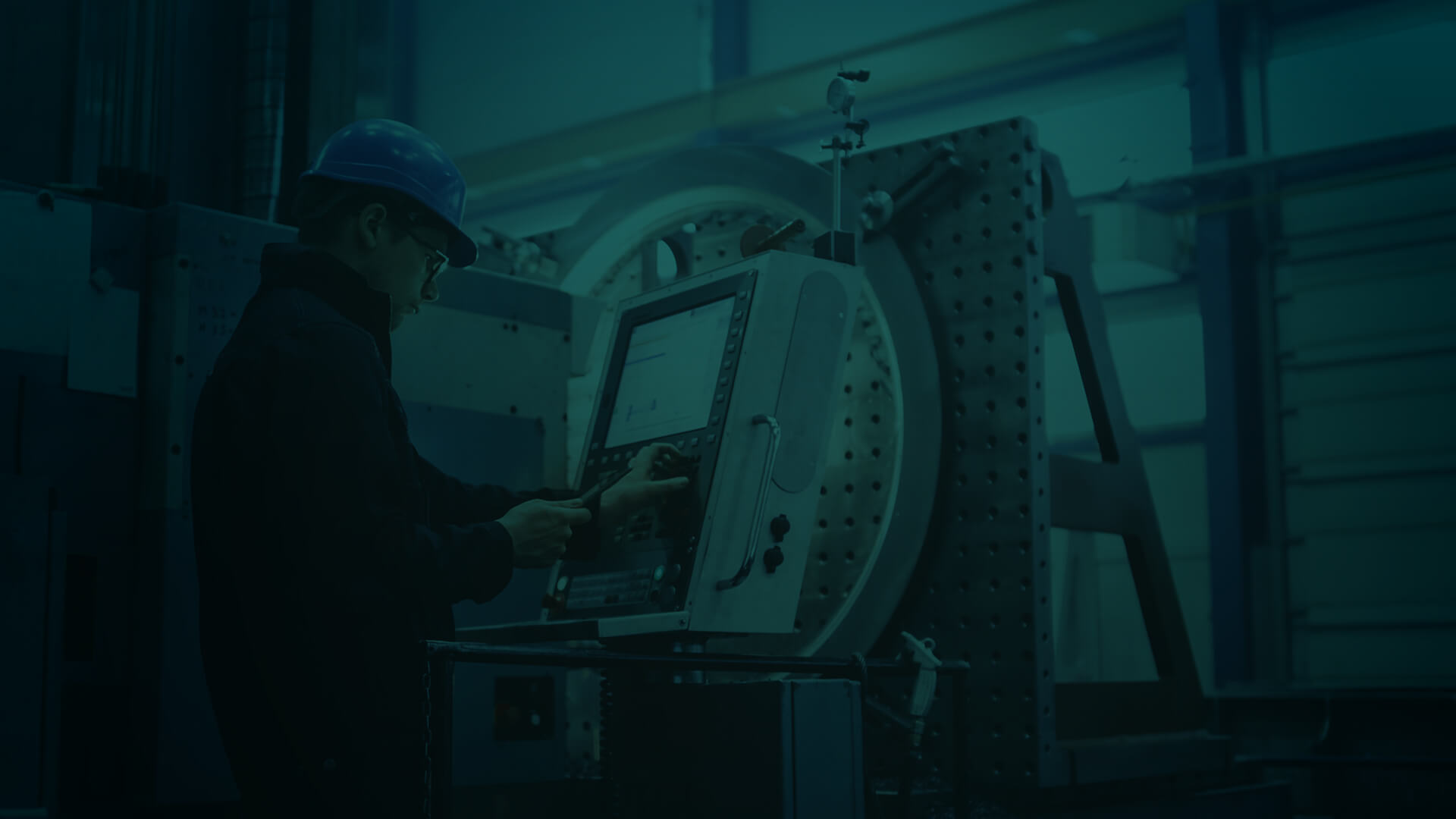No one needs to be made aware of the importance of digitising production in order to create an Industry 4.0 factory. Rather than thinking about whether it is worth it, those responsible for carrying out digital transformation in a factory think about how to go about the project. When properly planned and implemented, the digitalisation of a factory allows you to stay ahead of the competition and maintain a stable position in the market. How do you carry out the process of digitising your production in an informed manner? And why should you trust experienced specialists when it comes to digital transformation?
The biggest challenges of digital transformation in manufacturing
A conscious digitisation of production that meets the objectives of Industry 4.0 should first and foremost respond to the most important needs of the company and the market. The solutions available today offer numerous possibilities – but these are not always tailored to the needs and capabilities of factories. The report ‘On the way to the factory of the future in companies in the manufacturing market’, compiled by NTT Data Business Solutions, discusses the most important issues related to the challenges of digitising manufacturing. What are the findings?
-
- Improvements are primarily required:
-
- paperless,
-
- real-time production tracking,
-
- production cost analysis,
-
- production scheduling,
-
- reporting.
-
- Improvements are primarily required:
-
- Key areas for the digital transformation of manufacturing are considered to be, among others:
-
- automation of production processes,
-
- ERP,
-
- integration of processes with a single solution,
-
- data analysis,
-
- use of cloud technologies.
-
- Key areas for the digital transformation of manufacturing are considered to be, among others:
-
- An ERP system is found in 77% of companies and process automation is demonstrated by 44% of companies. Only 12% of companies have an integrated solution and 43% are planning to implement one. This means that almost half of manufacturing companies are not even aware of the importance of a process integration solution as a key factor for the company’s competitiveness.
-
- The key challenges in creating a digital factory are:
-
- a coherent strategy,
-
- knowledge and competences,
-
- integration of the business and technology model,
-
- maintaining the continuity of production processes,
-
- risk management.
-
- The key challenges in creating a digital factory are:
Digital transformation – how to do it in an informed way?
The first step to carrying out a digital transformation is to determine the current situation of the factory in order to identify areas for improvement. To do this, it is useful to ask yourself the following questions:
-
- What areas are currently causing a problem?
-
- What capacity does the plant achieve?
-
- What are the expected outcomes?
-
- What are the technical capabilities of the plant at present? What machines do we use? Do we (and if so, how) collect data from them?
Once we know what areas are challenging and need improvement, the next step is to select a partner to guide the client through the digital transformation process. Awareness also means trusting specialists who are well versed in both current and anticipated market needs and technological advances. A trusted partner provides support in overcoming the next challenges on the way to a digital factory. One of them is to set the right strategy, which we wrote about in the post “How to build a strategy for developing a digital factory?“.
The conscious digital transformation of a factory therefore has several characteristics – it is personalised, flexible and scalable. It prepares the company for further growth and the necessary changes that need to be implemented in the future.
Digitisation of production – how does ANT help customers to consciously go through this process?
At ANT, we have developed an effective strategy for the digitalisation of production. We guide our customers through the process step by step. How do we do this?
The digitisation of production carried out by our specialists is based on several pillars. We discuss these in more detail in our Guide to Factory Digitisation.
- We assess the current state of the factory. We analyse the production processes and technologies used, and identify areas for improvement.
- We develop a digitalisation strategy with the client. We define the expected results and the actions and resources required to achieve them in the areas of production, planning, quality, maintenance, IT and management.
- We implement the strategy. We implement the predetermined digitalisation plan and integrate new technologies into current processes.
- We analyse the results. We constantly monitor and analyse the progress of digitalisation in order to identify areas for improvement and make the necessary changes.
- We optimise and scale the process. ANT’s software is flexible and scalable, so we extend the system’s capabilities as necessary to further increase process efficiency.
- The final steps involve maintaining and implementing updates in the digitalisation process. Keeping up to date with modern technologies allows you to keep pace with your competitors and, in many cases, to stay ahead of them.
A carefully and consciously conducted digital transformation process allows you to plan your objectives well, train your staff appropriately and implement your production management system correctly. The reliability of the data, the scalability of the solution and the integration of the systems are the key to digitalising the factory, and building a competitive position in the market as a company that meets the requirements that Industry 4.0 sets.
Products in this Article

Paperless Manufacturing
Paperless MANUFACTURING Create a green enterprise with ANT PAPERLESS MANUFACTURING digital documentation. Use digitized forms and streamline communication in your company. Access all your data

Manufacturing Operations Management System (MOM)
Manufacturing Operations Management System (MOM) The most complete manufacturing solution with full support for operations management and a link between industrial automation and business operations

MES System – Manufacturing Execution System – ANT Solutions
System MES – Manufacturing Execution System 0 % operating time increase 0 % defects quantity reduction 0 % material consumption reduction 0 % changeovers time


